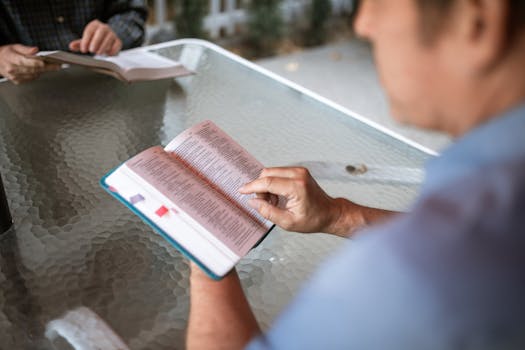In a move that has ignited tensions, Turkey’s President Recep Tayyip Erdogan officially transformed the Chora Church into a mosque, originally the Byzantine-era Church of the Holy Saviour.
This event occurred in Istanbul’s historic Fatih district, near the ancient city walls.
The Chora, a United Nations World Heritage Site, is renowned for its stunning mosaics and frescoes from the 11th and 12th centuries.
The Greek government has sharply criticized the conversion, mainly because it occurred just after Greek Orthodox Easter.
A statement from the Greek Foreign Ministry described the act as a “provocation for the international community,” impacting the site’s character and global heritage status.
The ministry emphasized the need to preserve the universal nature of monuments and adhere to international standards for cultural heritage protection.
The original structure was built by Constantine the Great in the early fourth century and became a mosque about 50 years following the Ottoman conquest of Constantinople in 1453.
The Turkish government designated it a museum in 1945 and opened it to the public in 1958. It showcases restored mosaics by American art historians.
The recent inauguration, which Erdogan conducted remotely from Ankara, coincided with the opening of other restored buildings.
The event was marked by national broadcasts and prayers, reflecting the government’s strategic aim to bolster conservative and religious sentiments amid economic challenges.
The U.S. Department of State has also voiced concerns, urging Turkey to ensure access and respect for the diverse histories of such sites.
This ongoing transformation of historic sites into mosques, including the notable Hagia Sophia in 2020, draws international scrutiny and debate over cultural and religious heritage preservation.

















Leave a Comment